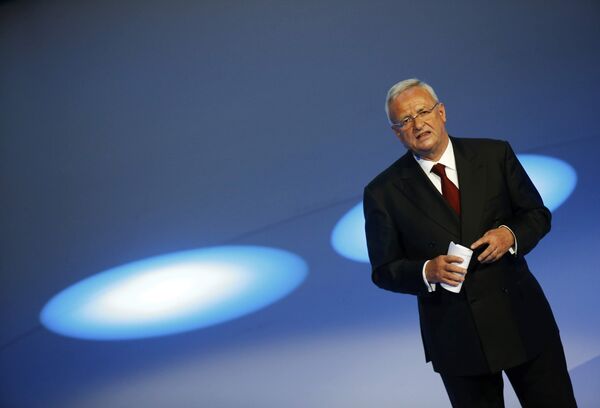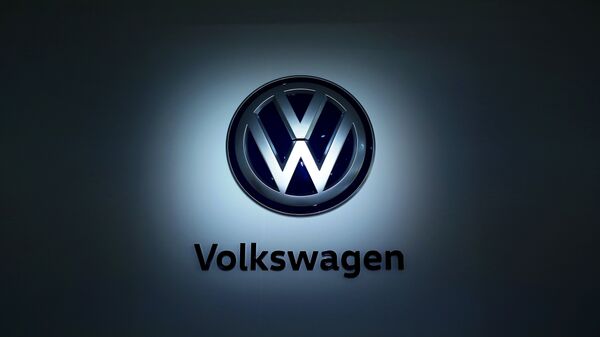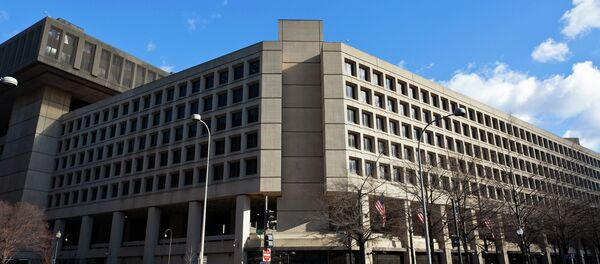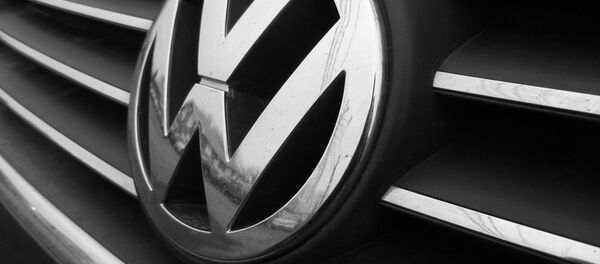Oliver Schmidt, who led the German automaker's US regulatory compliance office from 2012 to March 2015, appeared in a Miami court on January 9 to face charges he knowingly lied to US regulators, although he entered no plea.
He was arrested January 7, as he prepared to make his way back from to Germany, following a winter vacation in the US — and reports suggest prosecutors are preparing to arrest more high-level German executives.
The FBI affidavit has fingered Schmidt as a key player in the deception and obfuscation campaign employed by Volkswagen, claiming he knew as early as April 2014 that Volkswagen vehicles' real-life emissions diverged significantly from their test levels, and subsequently developed a plan with other employees to conceal the discrepancy from regulators.
He is known to have informed senior executives in July 2015 of the sophisticated cheat devices that suppressed emissions in tests, and said regulators were not aware of their existence. Volkswagen then authorized its continued concealment. A key source of information on Schmidt is aid to be James Liang, former Volkswagen engineer, who pleaded guilty in September 2016 to helping devise the devices.
The arrest represents the first ever in the long-running controversy, which began September 2015.
First, the US Environmental Protection Agency filed a complaint against Volkswagen, alleging the company had built in devices that allowed vehicles to pass strict US emissions tests, while releasing up to 40 times the permitted amounts of nitrogen oxides during actual driving.

The Department of Justice subsequently opened a separate probe into the company, leading to the resignation of chief executive Martin Winterkorn and the collapse of Volkswagen's share price by 20 percent — €15 billion (US$16bn). Upon his departure, Winterkorn admitted the firm had installed up to 11 million of these devices in cars it sold worldwide, and set aside over US$7 billion to deal with the scandal's fallout.
Volkswagen's cheating of emissions was first uncovered in 2013 by an independent West Virginia University research unit, which was granted US$70,000 to study emissions and determine why no car's emissions were as efficient as Volkswagens'.
Despite the ill omens for the firm, Volkswagen's share price rose to its highest level since the scandal broke in September hours after the arrest was announced.
The rise was driven by the release of sales figures for 2016, which indicate a 3.8 percent rise in exports, with sales rising strongly in Asia-Pacific, China, France, Italy and the UK, more than offsetting a fall in local sales. In all, the firm sold 5.99 million cars over the year.




